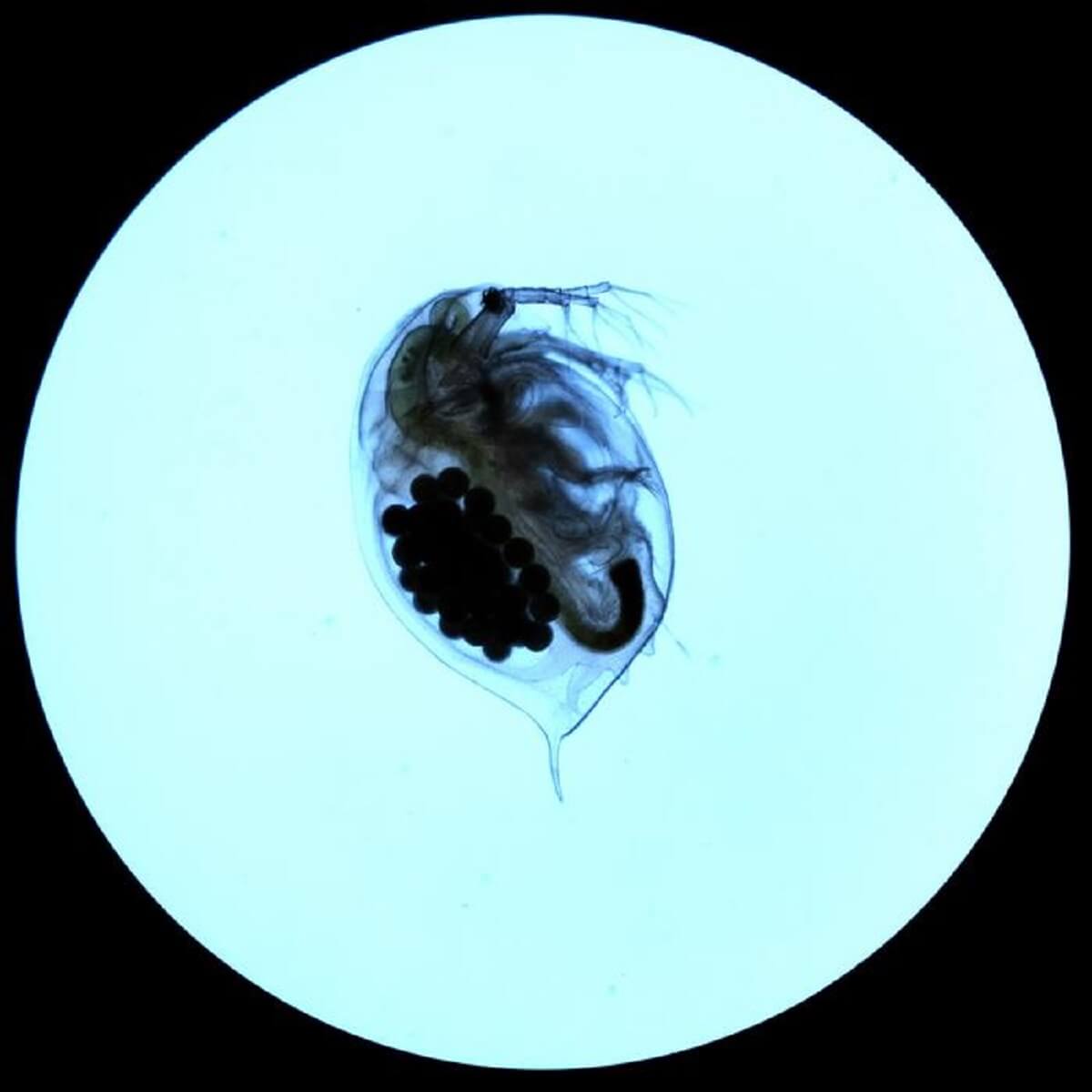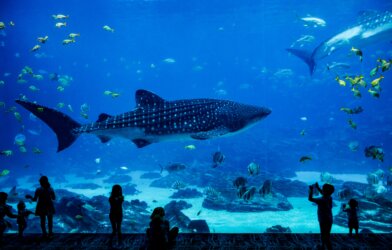EDINBURGH, Scotland — Wearing sunscreen while swimming in the sea may not be as harmful to ocean life as previously thought, according to a new study. Scientists previously expressed concerns about ultraviolet filters (UVFs), ingredients in sunscreens, after claims that they were harmful to corals. This led to the banning of UVFs in locations such as Hawaii and Palau. However, this new study indicates that the mix of chemicals in sunscreens may dilute the impact of individual harmful ingredients.
The findings are based on experiments involving Daphnia water fleas, invertebrates that are prevalent in freshwater lakes worldwide. Researchers from Canada, who carried out the study, hope their results will alleviate concerns about potential environmental damage caused by wearing sunscreen before swimming.
“We were very surprised to find that sunscreen mixtures are much less toxic to Daphnia than what would be expected based on the quantity of each UV filter present within the mixtures,” says Aaron Boyd, a Ph.D. candidate at the University of Alberta and the lead author of the study, in a media release. “In fact, we found that Daphnia could survive long-term exposure to sunscreens containing octocrylene at concentrations >50x higher than what would be completely lethal to all Daphnia had they been exposed to the UVF alone.”

(credit: Aaron Boyd)
The researchers note that previous studies have focused on the toxicity of UVFs in isolation, testing one chemical at a time. However, less than three percent of published aquatic toxicology studies have investigated the effects of whole sunscreen mixtures. This approach has left a significant gap in our understanding.
“It’s important that we utilize our limited research resources effectively by identifying which contaminants are likely to cause harm to the environment, and which contaminants are lower risk,” says Boyd.
The findings of this study suggest that other components of sunscreens could reduce toxicity to a large extent.
“This potentially indicates that the vast majority of studies investigating the toxicity of individual UV filters could be overestimating the toxicity of these chemicals in aquatic environments,” adds Boyd.
Despite the potential environmental impacts of sunscreens, Boyd strongly recommends their use when spending extended periods outdoors.
The findings were presented at the SEB Centenary Conference 2023.
You might also be interested in:
- Best Sunscreen In 2023: Top 6 Sunblock Products, According To Expert Reviews
- Disease-causing parasites could be pouring into the ocean after hitching rides on microplastics
- Gigantic ‘warming pool’ severely disrupting marine life discovered in the Pacific Ocean
South West News Service writer Dean Murray contributed to this report.





That’s a shock. Or is watching bikini girls more important than sea life?
You can’t be sure with today’s elite.